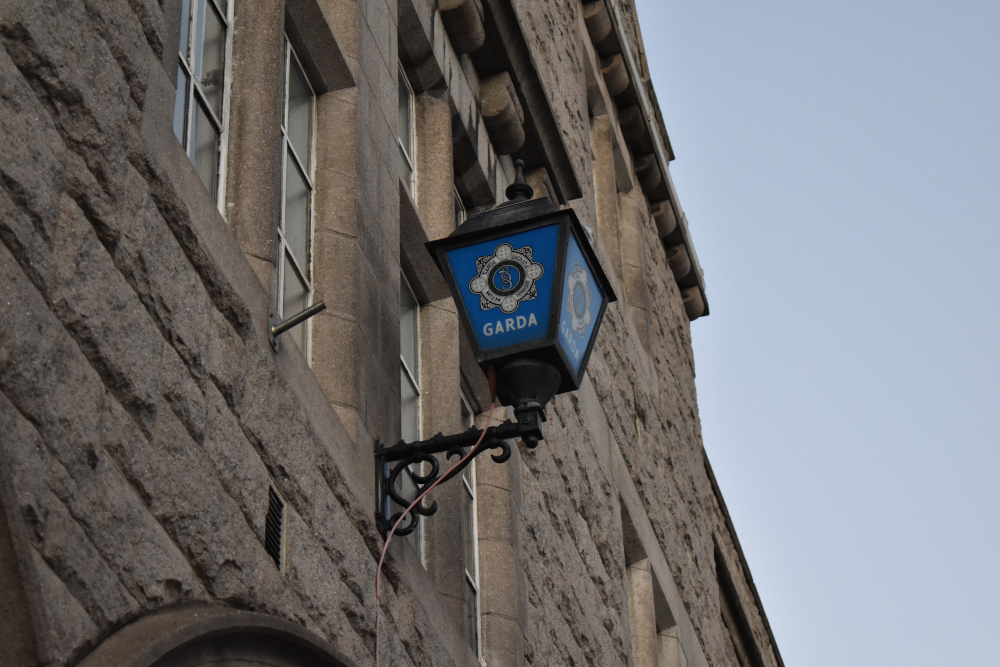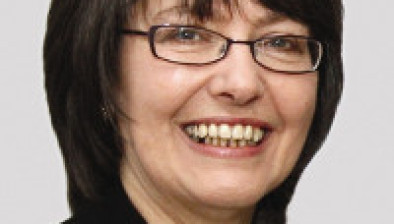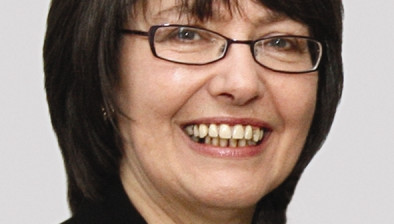Garda body-worn camera pilot extended to Waterford

An Garda Síochána’s body-worn camera pilot has been extended to Waterford, the last of three planned pilot locations.
The first trial commenced in Dublin in early June, and the second in Limerick in early August.
Speaking in Waterford yesterday, justice minister Helen McEntee said: “I am very pleased we are now extending the pilot phase to the third and final location to Waterford.
“We have already seen the impact of body worn cameras on policing operations in Dublin and Limerick.
“Gardaí equipped with the cameras have been able to capture footage of searches of dwellings which uncovered drugs and assist in the de-escalation of tensions during protests and incidents of disruption.
“I’m pleased that this technology will now be used and tested by frontline gardaí here in Waterford. I look forward to hearing the results and I am sure the members here in Waterford will make valuable contributions to this pilot project.”
The small lightweight cameras will be visibly worn by gardaí in the pilot locations. BWCs will be provided by three different manufacturers, with a different model of BWC to be deployed in each trial location.
Waterford is the last of the three pilot locations to see the BWC rollout. When complete, the three-phased pilot will inform their introduction in Garda stations across the nation.
Mrs McEntee added: “Introducing Garda body-worn cameras will ensure the safety of both Garda members and of members of the public.
“This is one of the most important principles of this technology. I have been vocal in my commitment to providing An Garda Síochána with the support needed to ensure gardaí are safe as they go about their daily work.
“Attacks on our gardaí, or attempts to intimidate them, are completely unacceptable. We have already provided €6m for Garda wellbeing initiatives and additional medical costs and body-worn cameras will be key to ensuring gardaí are protected as they carry out their duties.”
The Garda Síochána (Recording Devices) Act 2023, signed into law last December, provides for body-worn cameras, Garda CCTV, automatic number plate recognition, and community CCTV.
Each BWC can record footage to its own internal encrypted storage, which will be uploaded when the Garda docks the camera in a Garda station.
The camera footage is uploaded at the end of a shift so it can be used as evidence at court or is deleted after an agreed time if it is not required as evidence.










